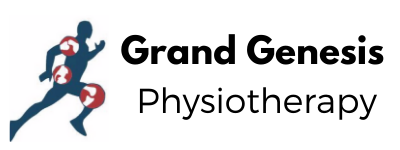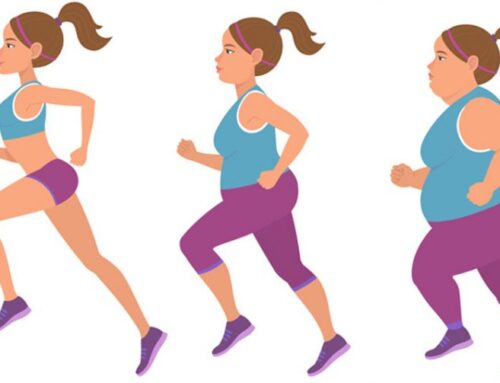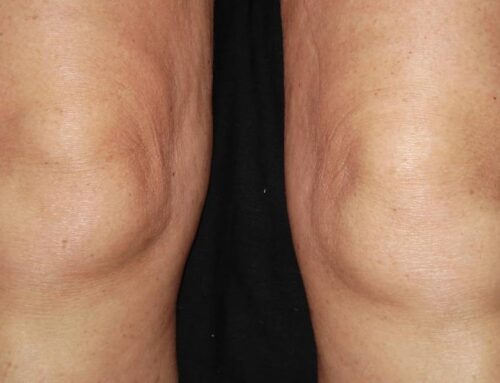Acupuncture is a component of traditional Chinese medicine. It involves inserting very thin needles into pressure points on your body.
The medical community’s research and opinion on acupuncture is mixed. Some studiesTrusted Source point out that “sham” (also called simulated) acupuncture works just as well as real acupuncture. Other studies affirm that acupuncture can give relief to people that experience chronic headache pain. The World Health Organization (WHO) has endorsed acupuncture as a promising treatment for pain since 1979Trusted Source.
Acupuncture benefits for headaches
Acupuncture* seeks to restore the flow of positive energy throughout your body.
It also claims to remove negative energy that is causing you pain. From a modern medical perspective, acupuncture stimulates various systems of your body. This may trigger a healing response.
Acupuncture divides your body into a series of zones and pressure points. Acupuncture needles are inserted into different pressure points, depending on your symptoms. These needle points are usually near nerves in your body. The needle stimulates the nerves to release hormones, such as endorphins, that trigger a response from your body. This immune and circulation system stimulation is what proponents of acupuncture claim relieves migraines and tension headaches.
Acupuncture risks and shortcomings for headaches
Acupuncture itself carries little riskTrusted Source when done by a licensed practitioner. Sometimes bruising, fatigue, and soreness follow an acupuncture* appointment, especially after your first time.
According to the National Centers for Complementary and Integrative Health, acupuncture* that is performed with substandard or dirty equipment can poseTrusted Source a very serious health risk. Acupuncture needles are regulated by the U.S. Food and Drug Administration and are supposed to be single-use only.
Make sure to do your homework on your acupuncturist before booking your first appointment, and leave the appointment if you don’t feel comfortable. Watch your practitioner to make sure that the needles being used are sterile and new. Don’t be afraid to ask questions about what is going on. A good acupuncturist will walk you through the procedure and make sure it’s a calm and safe experience for you.
Acupuncture by itself might not be enough to treat chronic headache pain. Migraines, tension headaches, and cluster headaches that impair your daily life should be addressed with pain medication.
General guidelines for acupuncture
There’s no special preparation prior to an acupuncture treatment appointment. If it’s your first time, you may want to go with a list of questions. Your practitioner will be able to advise you how many treatments you should expect, and how often you might need to go to experience relief of your symptoms.
A clinical study of acupuncture* for cluster headaches recommended treatment twice a week for two weeks, followed by one treatment per week for eight weeks, and maintenance treatments of once every other week after that.
Some people do feel tiny pricks when the needles are inserted for acupuncture* treatment. Some people won’t feel anything at all. If you speak with your practitioner about concerns you have about discomfort, you might feel calm going into the procedure.
You should be aware that many insurance companies don’t cover acupuncture* procedures. Find out the cost that you will need to pay out-of-pocket before you try acupuncture to relieve your headaches.
Other alternative treatments
If you’re interested in supplementing or supporting your headache treatments with holistic medicine, there are options besides acupuncture.
Essential oils and exercise might bring you pain relief. Lavender oil has been studied and found to be an effective and safeTrusted Source treatment for acute headache pain.
Studies suggestTrusted Source adopting an aerobic exercise regimen might be another option. Exercise may improve circulation, relieve stress, and increase lung capacity, among other things. People with migraines are often encouraged to adopt an aerobic exercise routine as a way to counteract the cause of their symptoms.
When to see your doctor
Acupuncture can’t take the place of traditional medicine. Some headaches require immediate medical attention, and you shouldn’t try to treat them with acupuncture*. Speak to your doctor if you’re experiencing loss of vision, dizziness, or nausea.
Headaches after a blow to the head, headaches that keep getting worse, and unusually severe headaches can all indicate that you need immediate emergency attention. Sometimes headaches can be caused by underlying factors, such as a blood pressure spike or an allergic reaction, that need to be diagnosed. Always remember to tell your doctor about alternative medical treatments that you’re receiving for an established diagnosis.



